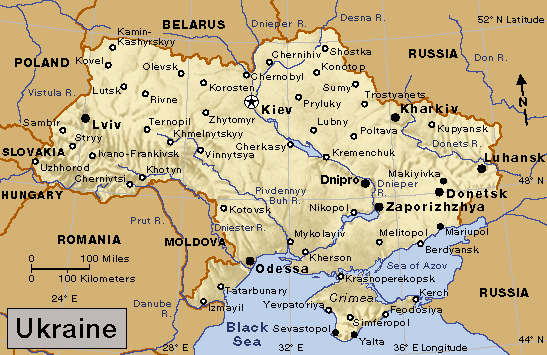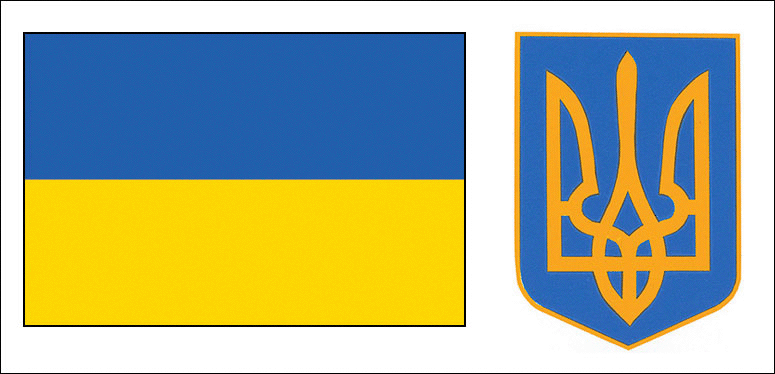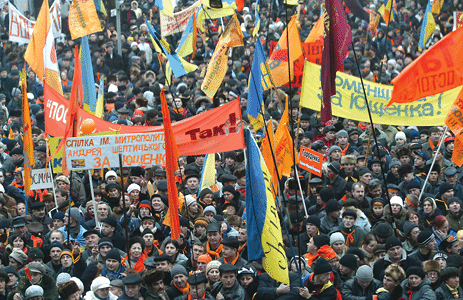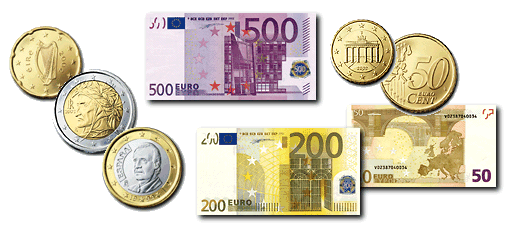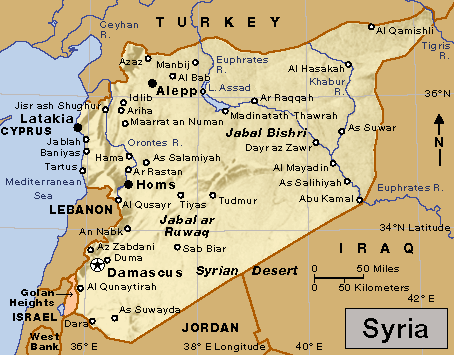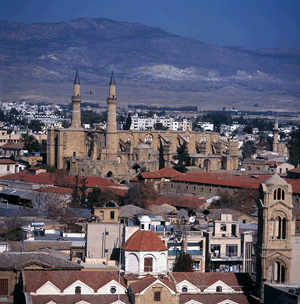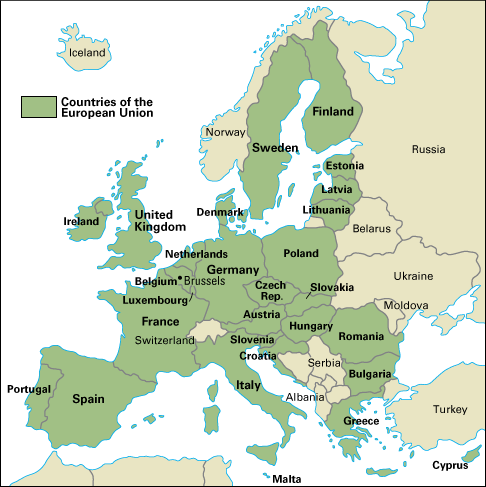Is Ukraine the New Powder Keg of Europe?
Monday, March 3rd, 2014March 3, 2014
Russia reportedly has demanded the surrender of Ukrainian forces in Crimea. There are reports that the Russian military has given Ukrainian forces in Crimea an ultimatum to surrender tonight by 10:00 pm EST or face a full military assault. With Russian troops surrounding Ukrainian bases and airports and manning roadblocks that have cut Ukrainian access to the peninsula, Russia is, in effect, already in control of Crimea, the southern most region of Ukraine.
After already having ordered thousands of troops into Ukraine, President Vladimir Putin on March 1 received authorization from the Russian parliament to deploy armed forces “on Ukrainian territory.” Correspondents reported that the road from Sevastopol to Simferopol, the provincial capital, quickly filled with Russian army trucks.
Ukraine’s acting president, Oleksandr Turchynov, subsequently announced that he had put Ukraine’s armed forces on full readiness because of “potential aggression” from the estimated 15,000 Russian troops crossing into Crimea.
In a heated, 90-minute telephone conversation on March 1, President Putin informed U.S. President Barack Obama that Russia had the right to protect its interests and those of Russian speakers not only in Crimea but also in east Ukraine. After the conversation, President Obama expressed his deep concern over Russia’s clear violation of Ukrainian sovereignty and territorial integrity, which he characterized as a “breach of international law.”
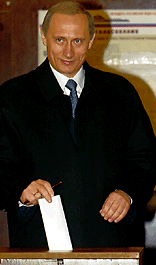
President Vladimir Putin sent thousands of Russian troops into neighboring Crimea, the southernmost region of Ukriane.(AP/Wide World)
In a video address on her website, former Ukrainian Prime Minister Yulia Tymoshenko declared on March 2 that by occupying Crimea, Russia has effectively “declared war” on the United Kingdom and the United States. According to Tymoshenko, British and U.S. representatives in 1994 signed the “Budapest Memorandum” guaranteeing Ukraine’s security. “Vladimir Putin is fully conscious that by declaring war, he is also declaring war on the guarantors of our security, the United States and Britain,” she noted.
European Union foreign ministers went into session today in Brussels to discuss possible punitive steps against Russia unless it pulls its troops back to its own bases in Crimea. British Foreign Secretary William Hague urged Russia to pull back its forces in Crimea or face “significant costs,” echoing comments made by U.S. President Obama and Secretary of State John Kerry. “The world cannot just allow this to happen,” Hague told the BBC. “The world cannot say it’s O.K. in effect to violate the sovereignty of another nation in this way.” However, the governments of France and Germany have made it plain that the imposition of economic sanctions on Russia is not on the table, let alone a military intervention. International affairs experts note that much of the European Union is highly dependent on Russian oil and natural gas. In 2007, EU countries imported from Russia 32.6 percent of their total oil imports and 38.7 percent of total natural gas imports.
The people of Ukraine are split over their attitudes toward East and West. Crimea as well as eastern Ukraine is largely populated with Russian-speaking people with close historic and cultural ties to Russia. Western Ukraine is largely populated with Ukrainian-speaking people who want Ukraine allied with the European Union and the West. Today, pro-Russian demonstrators marched in the streets of the big cities of eastern Ukraine, voicing their allegiance to Moscow. In the city of Donetsk, about 1,000 demonstrators, waving Russian flags and shouting, “Putin, come!” occupied the first floor of the regional government building that has already been flying the Russian flag for several days.
Additional World Book articles:
- Russia in the Post-Soviet World (a special report)
- Ukraine 1994 (a Back in Time article)

